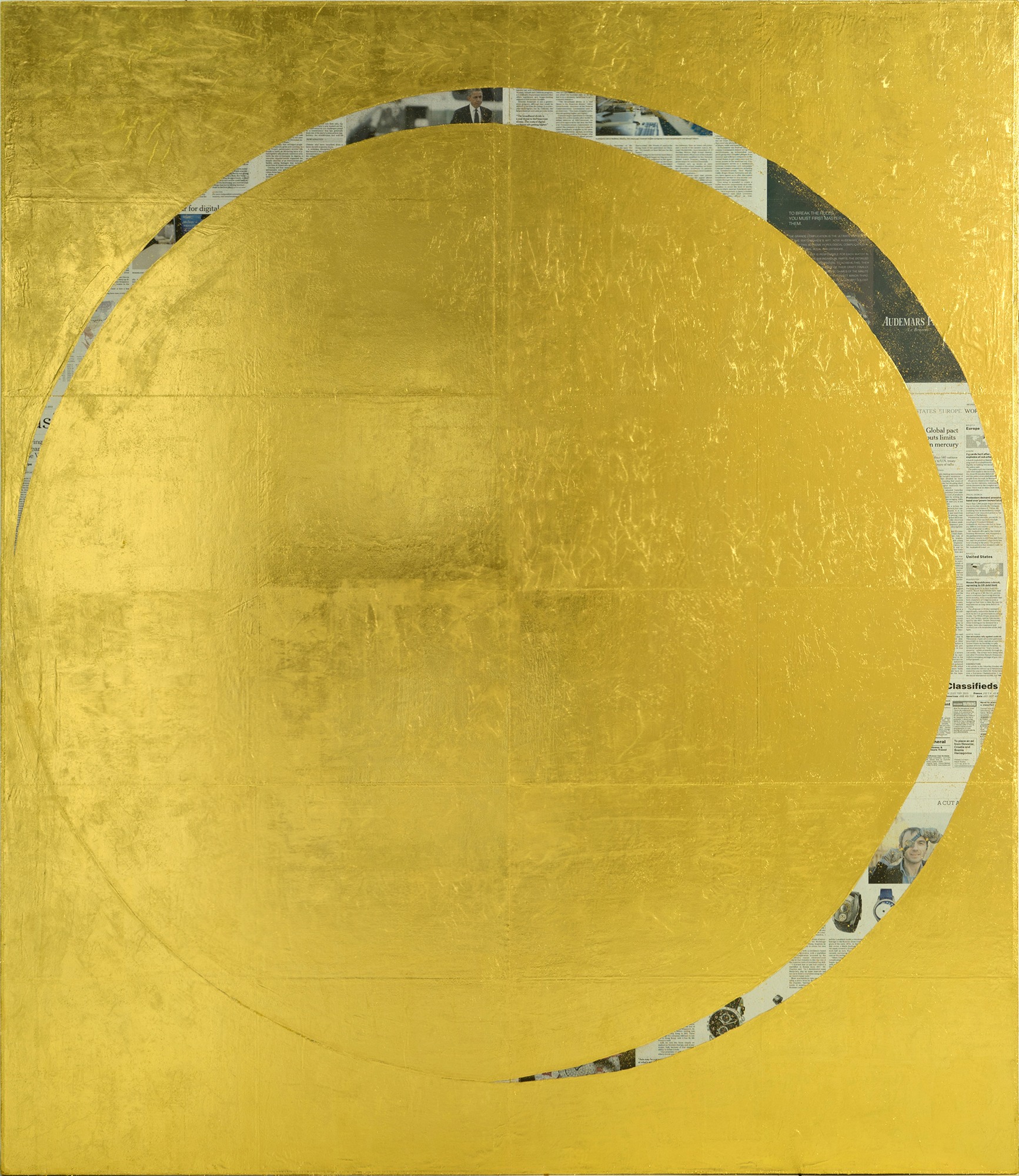
Paris+ par Art Basel
Overview
Pilar Corrias is pleased to return to Paris+ par Art Basel with a collaborative booth (E34) by Rirkrit Tiravanija and Vivien Zhang. The result of working in close dialogue over the past year, the two artists present new bodies of work that interrogate historical systems of classification and the politics of taxonomical thought.
Rirkrit Tiravanija has developed a site-specific wallpaper installation that reproduces the tree of life from the German naturalist Ernst Haeckel’s General Morphology of Organisms (1866). Classifying inorganic and organic life into three kingdoms – Plantae, Protista and Animalia – Haeckel’s system is credited as the earliest ‘tree of life’ model of biodiversity, providing a comprehensive framework for the infinitely complex interrelations of all natural forms and organisms. Across this wallpaper Tiravanija has incorporated a new series of stencils featuring the names of 40 invasive plant species. These include the Tree-of-heaven (Ailanthus altissima), a vigorously growing deciduous tree native to China that was initially introduced as an ornamental tree in the 1800s, but soon became a threat to the ‘natural order’, displacing native plant species at an alarming rate.
Vivien Zhang builds upon her ongoing research into hierarchical systems of classification, presenting new paintings based on ocean-orientated map projections. In contrast to commonly-used map projections – for example the Mercator projection (which is often criticised for its distortive effects) – ocean-oriented map projections redirect geopolitical preoccupations with land mass to fluctuating, borderless oceanic territory. Zhang’s compositions subvert our fixed perspectives and sense of positive and negative space. Also on display is a new body of work looking at Chinese linguistic discrepancies in the naming of botanical specimens. Depicting flowers that possess the prefixes ‘pseudo-’ or ‘fake-’ in their names – due to shared visual properties or genetic material with their ‘legitimate’ plant siblings – Zhang’s paintings splice and propagate new hybrid varieties of spurious plant families.
Having both spent the majority of their lives as ‘third-culture’ citizens (individuals raised in a culture other than that of their parents or the culture of their country of nationality), Tiravanija and Zhang’s practices share concerns with issues of migration, site specificity, the politics of linguistic attribution and translation. Highlighting some of the imperfect technologies invented in order to better make sense of the world, the artists’ shared presentation emphasises the insatiable human need to understand, pointing towards the omissions such ‘knowledge’ relies upon.



